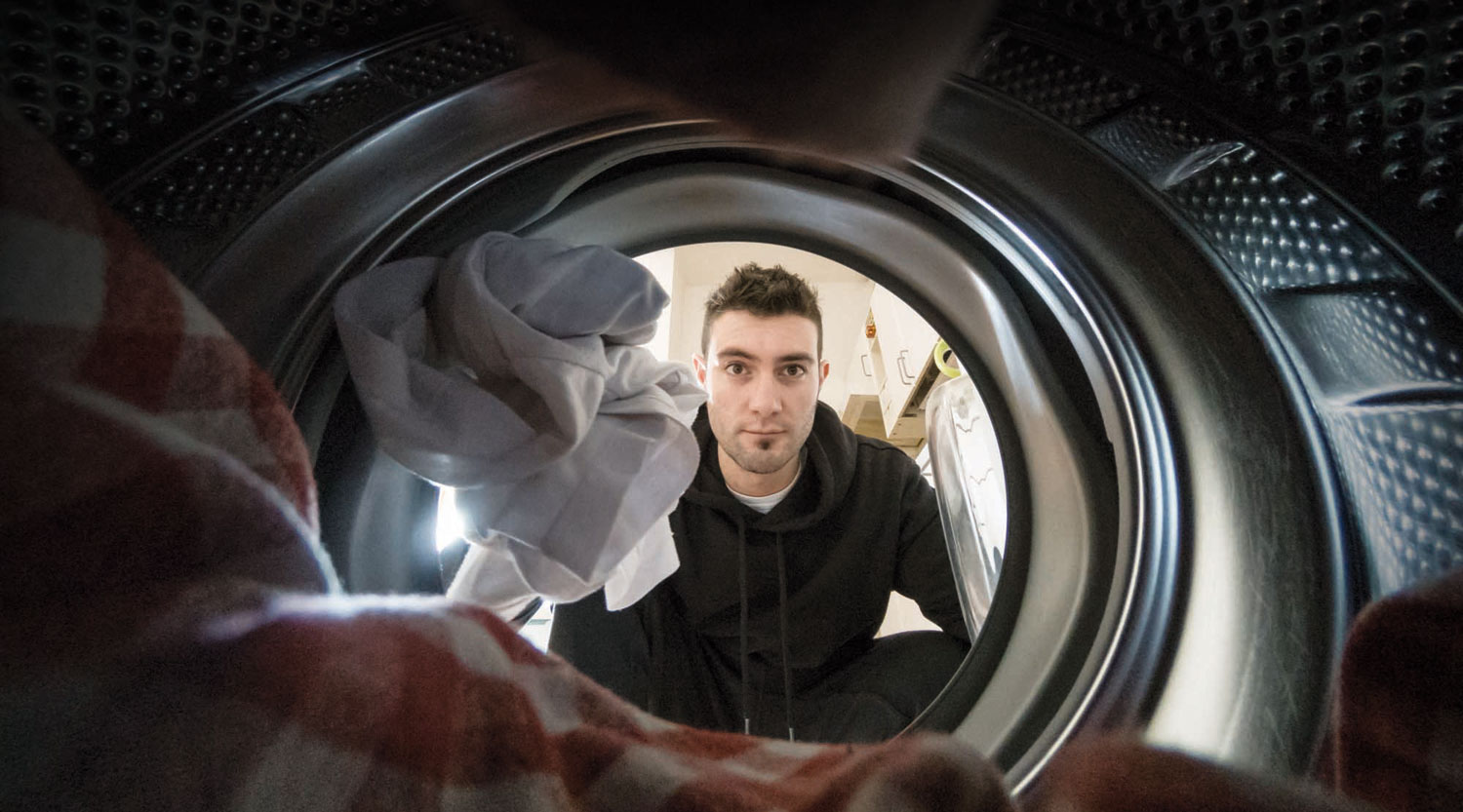

Like in the other parts of the world, millions of people in the Sultanate are dependent on laundries for clean clothes for their everyday use. The conditions of hygiene and health continue to remain a major challenge in the laundries everywhere. In Oman too, most of the laundries still use traditional methods that raise questions about their standards. Despite stringent rules and regulations by the civic authorities and inspection by consumer protection sleuths, most of them fail to follow the guidelines. While citizens and residents alike complain of lack of public health standards in laundries, experts say the possibility of transmission of infectious skin diseases through laundries is very high. According to Dr Shibu Mohamed, a well-known dermatologist at a leading hospital in Muscat, laundries are the sources for transfer of some skin diseases. He said that tinea, pediculosis and scabies are a few of the diseases that result from lack of proper hygiene at public laundries. “Laundries must strictly adhere to health standards and use sterilised material and high quality washing powders to prevent the transmission of diseases,” said Dr Shibu. Unless the clothes are washed with very hot water, there is a high chance of skin diseases being transferred from the clothes. “Clothes should be washed at a temperature of 60 degrees Celsius using high quality laundry detergents. This will help prevent the spread of such diseases,” he said. The common complaints about laundries are they mix up clothes of all types belonging to different people and the quality of detergents and water they use. The other complaint is there is no uniform charge. Launderers charge different prices depending on the areas. Most shops have crammed spaces affecting safety and hygiene. “Workers at the laundries never bother to separate clothes belonging to different people. They mix up all whether they belong to children, workers or others,” said Ibrahim al Wahaibi in Ruwi. Most of the times, the laundered clothes have a weird odour and the clothes have dirt marks, he added. The same complaint was aired by another resident. “Segregation of clothes is a must. Clothes belonging to workers have chances of contamination from body substances. Even towels, undergarments and clothes of regular wear are all mixed together. This can lead to skin diseases,” said Tom Cletus. Another resident said the ironing charges have seen a cent per cent rise in the recent past. It is a common sight to see clothes received at the shops being bundled together and transported to a place for washing. The Muscat Municipality enforces stringent requirements for laundry shops. One of the requirements is that laundry shops should maintain shelves and huge containers to store unclean clothes. The law makes it mandatory for laundries to keep a large iron table covered with a hygienic white cloth and regularly paint walls using oil paints to facilitate easy clean-up. Owners of laundries are mandated to conduct washing operations on the premises licensed by the civic body for laundry purposes. According to Article 3 of Consumer Protection Law, “Trading of goods or provision of a service without meeting health and safety conditions is prohibited and is an offence under law.” Last year, 22 people were nabbed by the Public Authority for Consumer Protection for converting a farm for washing and drying clothes for commercial purposes.
SAMUEL KUTTY
Oman Observer is now on the WhatsApp channel. Click here



